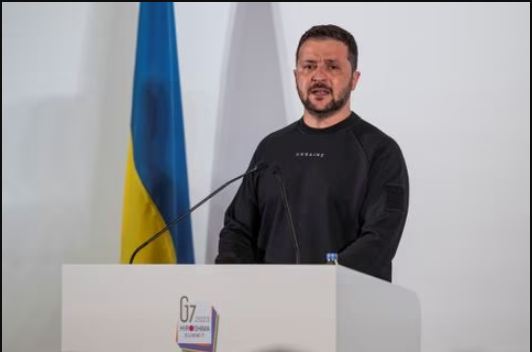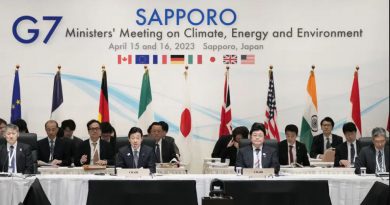Ukraine Urges EU to Approve Frozen-Asset Loan Ahead of Critical 2026 Budget Deadline
London – Ukraine is pushing European partners to reach a political decision next month on a large loan backed by frozen Russian state assets.Officials say progress is essential as Kyiv confronts tightening financial pressures and uncertainty in planning its wartime 2026 budget.
The proposed $163-billion loan is designed to stabilize Ukraine’s economy during ongoing conflict and reconstruction. European leaders were unable to secure agreement in earlier talks, requiring the topic to return at the December 18 summit.
Ukrainian officials consider this meeting a key opportunity to finalize the framework before year-end. They stress that the decision must define the loan’s structure, governance system, and distribution process.
Advisers to President Volodymyr Zelenskiy say Ukraine must participate directly in shaping how funds will be allocated. They argue that joint decision-making ensures support reaches areas facing the most immediate wartime needs.
Kyiv remains concerned that further delays could leave the country without adequate funding early next year. Economic observers caution that without new European assistance, Ukraine might face a financing shortfall in the first quarter of 2026.
As prospects for direct U.S. aid remain limited under President Donald Trump, Ukraine is looking more urgently to Europe. European governments previously vowed to meet Ukraine’s immediate financial needs but stopped short of endorsing the frozen-asset loan.
Belgium’s reservations contributed to the lack of consensus in earlier discussions. A recent communication from the European Commission outlines several funding paths, including grants and market borrowing.
The Commission estimates that Ukraine will require more than 135 billion euros for 2026 and 2027. The frozen-asset plan could generate a loan large enough to cover most of those projected needs.
Officials in Kyiv say access to these funds would help maintain public services, defense commitments, and economic stability.
They maintain that approving the loan framework now would prevent disruptions to government operations next year.
Russia has strongly warned that using frozen assets would result in a significant response. European policymakers are evaluating both legal and geopolitical factors as they weigh the proposal.
Ukraine’s domestic political climate has drawn added attention amid an unfolding corruption investigation. Allegations of a large kickback scheme in the energy sector have fueled scrutiny of government institutions.
Two cabinet ministers have denied wrongdoing and have not been formally named as suspects. Still, the accusations have encouraged calls for increased transparency and oversight within the government.
Ukrainian officials acknowledge the sensitivity of the issue but insist that urgent financial needs remain unchanged. They emphasize that reforms, accountability, and institutional strengthening are ongoing priorities.
As the December summit approaches, conversations are deepening across Europe on how best to support Kyiv. Ukrainian leaders hope next month’s decision will provide the clarity needed to manage the coming year’s wartime budget.
The government continues to underline the importance of stable, long-term financial backing. European cooperation remains essential not only for short-term survival but also for Ukraine’s recovery and rebuilding.



